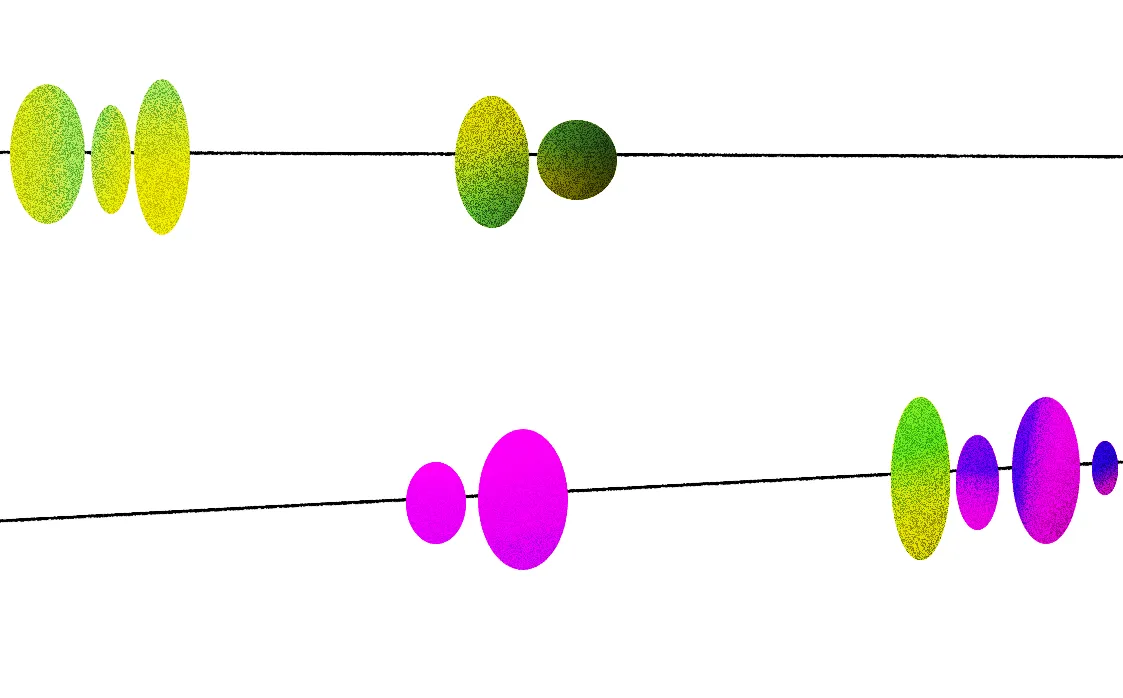The tricky thing about selling to businesses

For the past few months, I’ve been part of a team that’s been tasked with building out a product and selling it to businesses. Our primary target market is large corporations in the financial sector. This has been a unique challenge for the team – it’s near-impossible validating a product when it needs to be sold to a person who holds a managerial or department-head position. This kind of customer isn’t dime-a-dozen, so if you even get a meeting, the feedback is often heavily biased to that particular customer. I’m learning quickly how tricky this can be.
However, what I didn’t realize is that I’ve quite possibly been talking about our product all wrong. If you’re new to the B2B sales scene (as I am), what you might not realize is that business decisions usually aren’t made to maximize productivity, but instead to minimize risk. Each year, we see our potential customers fork out 10-100x more for a competing product that causes our customers endless frustration and suffering. They shout this information at us. And yet, each year, they renew their licenses.
Why?
Whether or not you buy a product seems to largely depend on:
- Has someone else you know already bought it?
- Do people in your domain already use it?
From a psychological perspective, this makes sense:
If your sales pitch is, “Well, this is new and revolutionary” that’s a great pitch. And it really is if you’re talking to someone who is creative, entrepreneurial, risk-taking and interested in revolutionary ideas. But if you’re talking to a middle manager in a company, the last thing that person wants to hear is “well, you could be a risk taker and introduce this into your company”. The person is thinking, “I don’t want to put my job or reputation on the line for your product, even if it is revolutionary. In part because, if it succeeds, I probably won’t be rewarded for its success."
— Jordan Peterson, from The Disruptive Entrepreneur podcast.
This observation shows why it’s so damn hard to sell to a business. Nine times out of ten you’ll be dealing with people who don’t embody the business they’re operating in, and so aren’t deeply vested in increasing productivity. But they also likely won’t be rewarded for initiative’s success! Stop trying to tell customers inside businesses how revolutionary your product is – it’s quite probably exactly the opposite of what they want to hear. Of course, if you’re dealing with an entrepreneur-turned-CEO or similar (who are typically high personality trait openness) then they’ll likely be interested in a “revolutionary” product. Naturally the issue with a larger business is that these people are so busy that you’ll almost never deal with them directly.
So, the incentive structure among many large organizations is wrong (and there’s a high probability of this being true), but it doesn’t solve our problem – we still need to sell our product.
What now? Well, you’ll need to reframe things. Reposition the product not as something “new and revolutionary”, but rather as something that addresses a real business need, to which no other good solution currently exists (all true in our case), and that not addressing this need in and of itself is a risky proposition. The customer has a key vulnerability, it’s costing them time and money, they’re unable to respond to the changing needs of the business. In other words, not acting is now the risky decision.
Until you have additional customers to point at (or figure out how to incorporate a reward incentive, which is probably impossible), this might be exactly what is required to land that illusive first sale. In the meantime, I’ve got some thinking and reading to do with regards to B2B sales. There’s always a way to crack the nut, I just need to find the right nutcracker.
Till next time,
Michael.